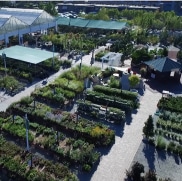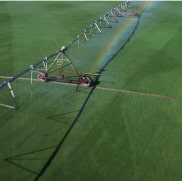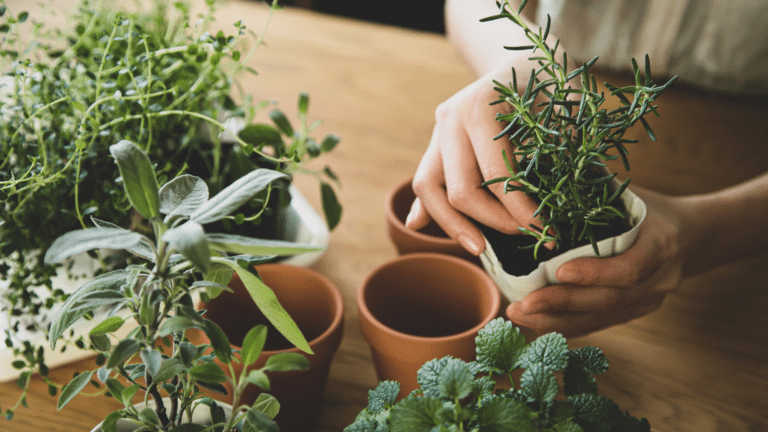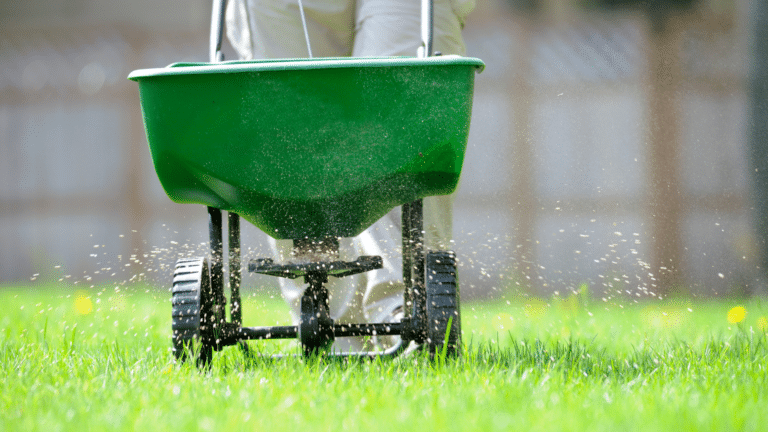1. Keep it simple and start small.
Try a potted plant or two on your balcony/windowsill or plant a shrub you like and see how it goes. Want to start a vegetable garden? Try a single raised bed or patio tomatoes the first year. One of the biggest reasons people give up on gardening is they try to do everything at once and they get overwhelmed. Instead, keep it small and simple at first and see how it goes. Some people fall in love with gardening, others realize it’s just not their thing.
2. When selecting a plant, make sure its personality and needs match the environment it will live in.
Plants are living, breathing, growing organisms with needs and habits of their own.
- Sun needs – Does it like sun or shade? Or is it not picky? Ornamental grasses need lots of direct sun. If you plant them in a shady area, they are not likely to thrive. On the other hand, hostas tend to like a fair amount of shade. Too much sun and they may suffer from sunburn.
- Watering needs – How much water does it like? Some plants such as butterfly bush need good drainage and prefer somewhat dry conditions. Too much water and they die. Other plants, such as chokeberries and some dogwoods are perfectly happy with wet feet and will suffer if it gets too dry.
- Fertilizing needs – Some plants will do quite well with no fertilizer once they are established. Others, such as roses need monthly feeding in order to continue blooming. Also, some plants require special formulas to stay healthy. In Illinois the pH of our soil is naturally neutral to alkaline. Plants such as holly, rhododendron, azalea, blueberry, some hydrangeas, and others need regular applications of soil acidifier to stay healthy.
- Pruning needs – Does the plant need to be pruned? Pruning or deadheading some plants like roses encourages them to grow and set more flowers. Others, such as boxwood may need to be pruned only once or twice a year while others like oakleaf hydrangea should never be pruned if you want flowers.
- Mature size – How big will it grow? That beautiful 7 ft. Colorado spruce is a perfect fit for the corner next to the garage right now, but in 5 years or so it will block the walkway and in 10-15 years it could take up half of your yard.
3. Pay attention to your plants when gardening
Of course, plants don’t actually talk, but they will convey the need for water by wilting, they may convey a need for fertilizer by dropping leaves or turning yellow or perhaps, bugs have been chomping on them and they need help with that. By paying attention, you’ll notice things in time to fix any problem.
4. Make gardening fun and nurturing to you!
Whether that means creating a hidden retreat under an arbor or planting giant sunflowers behind the kid’s swing set, incorporate areas and plants that make gardening fun and nurturing for you and your family.










